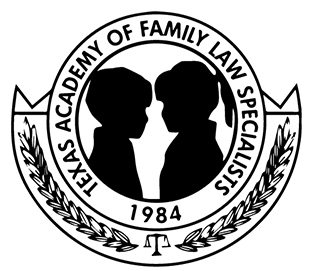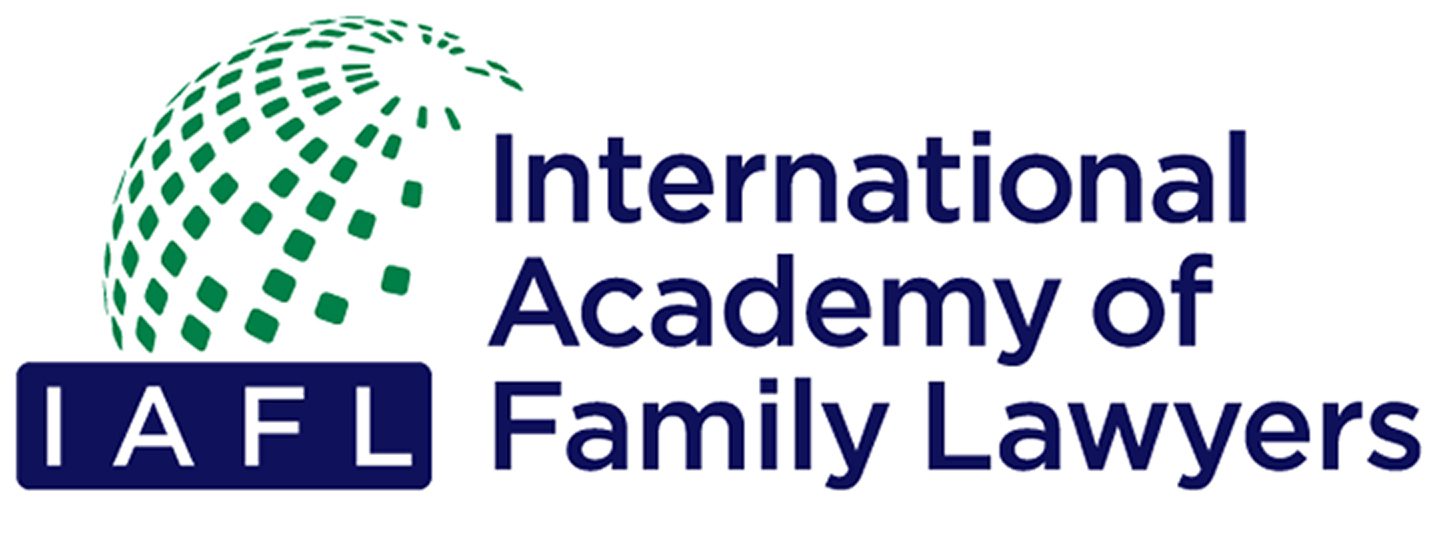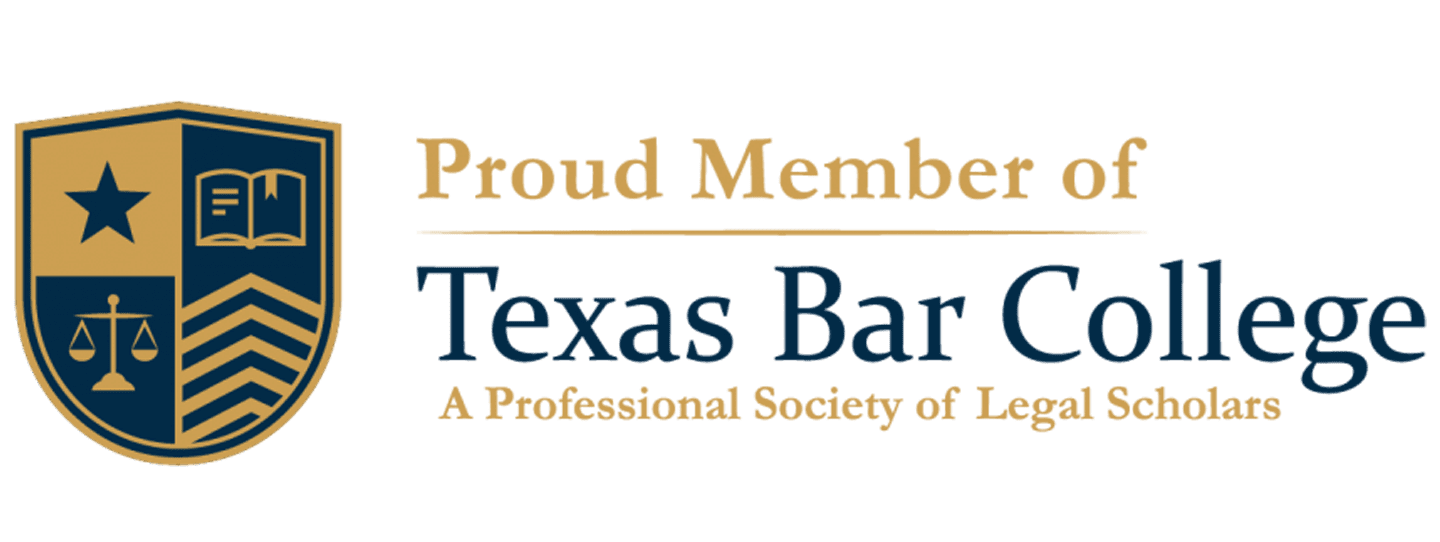The stress of divorce can overwhelm even the strongest person. When a marriage ends, splitting properties, retirement accounts and perhaps eve
1. Best interest of the child
When looking at a custody dispute, the court considers many aspects. The primary focus is on what is in the best interest of the child, not what the parents necessarily fight over. Under the Texas Family Code, there is a rebuttable presumption that the appointment of parents as joint managing conservators is in the child’s best interest. This is usually the court’s initial position. However, the court may find that such an appointment would significantly impair the child’s health or emotional development and take a different position.
2. Conservatorship versus custody
Texas law refers to parents as conservators. Conservatorship exists in two main forms – joint managing conservatorship and sole managing conservatorship. The first means both parents share parental rights, privileges, powers and duties with regard to the child and each parent has court-ordered periods of possession. Being named joint managing conservators does not mean that the parents will have equal time with the child or that they will have equal rights. One of the parent joint managing conservators (the managing conservator or “custodial” parent) will typically be awarded the right to choose the primary residence where the child resides. The other parent joint managing conservator (the possessory conservator or “noncustodial” parent) will have periods of possession with the child.
With sole managing conservatorship, one parent generally has the primary decision-making rights, privileges, powers and duties in regard to the child and is usually awarded the right to determine the residence of the child. The other parent still has periods of possession with the child.
3. Visitation rights
Finally, visitation or possession is separate from custody. Two parents may share custody, but one may have the right to designate the primary residence and may have the child for more time than the other. On the flipside, a parent who may not have custody can still have periods of possession with the child. A visitation or possession schedule is a crucial element of divorce.
The child takes center stage in custody proceedings, and the court does what it feels is best for that child. One of the most important things that divorcing parents can do is agree on putting the child first so they may be able to make decisions for their child.
n a business can place strain on an already stretched relationship.
When child custody is part of the mix, emotions can reach a fever pitch. Both parents may want to have the final say in decisions, and both may believe they know what is best. When divorcing with children in Texas, familiarize yourself with these three concepts so you may better understand the proceedings.








0 Comments